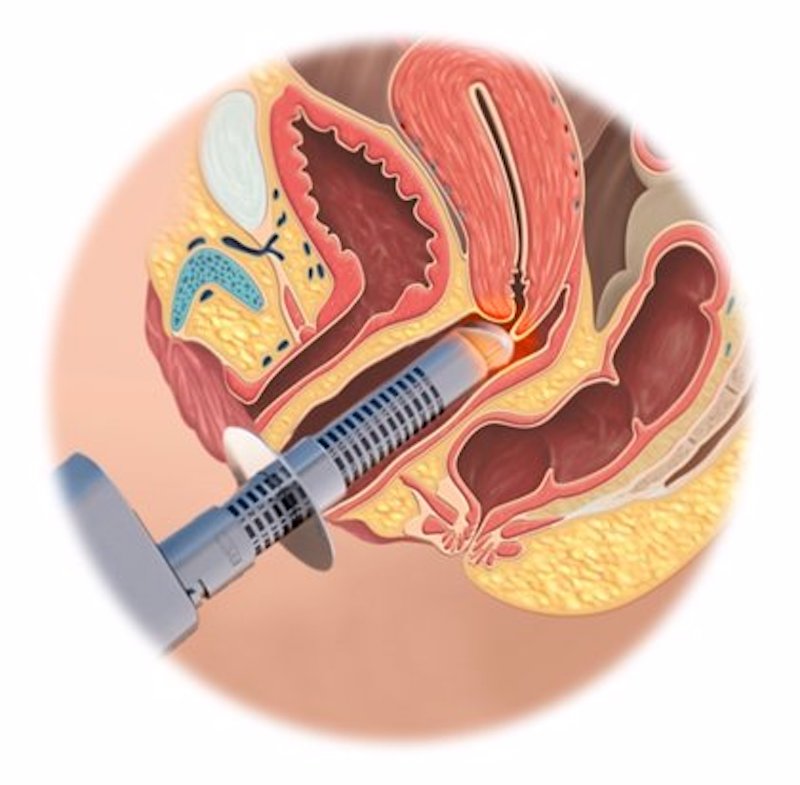Which diseases can the vaginal laser "MonaLisa Touch" treat?
Part of life and ageing for women are hormonal changes. Unfortunately, the changes can cause unwanted symptoms. When estrogen levels drop due to menopause, cancer treatments, hysterectomies or breastfeeding, these side effects can occur. The system can treat:
- Urinary incontinence
- Stress/urge incontinence
- Painful sexual intercourse
- Vaginal burning/itching
- Chronic vaginal infections
- Problems with vaginal laxity
Who can benefit from the treatment?
Women who struggle with vaginal atrophy caused by hormonal changes and are frustrated by the symptoms it causes, especially pain during intercourse, are very good candidates for the procedure and can experience numerous benefits. The treatment is ideal for those who do not wish to use hormone replacement treatments or undergo major surgery. The MonaLisa Touch treatment can improve a woman's sexual well-being and enhance her quality of life without adding more side effects.
Is the procedure painful?
MonaLisa Touch Therapy is a gentle procedure that requires no anaesthesia and carries no risks associated with surgery. The procedure itself is not painful, but you may feel a slight discomfort in the treatment area for a few days afterwards. Many people are able to return to their usual daily activities within 3 days.

What happens during the procedure? Is it safe?
A special fractionatedCO2 laser is used for the treatment. This laser was specially developed for use in gynaecology. The doctor performing the procedure is fully trained and no anaesthesia is required. All these factors make the procedure see safe.
The treatments usually take about five minutes. For best results, three treatments are performed over a 12-week period. The procedure should also not cause discomfort. If a patient is sensitive, anaesthesia can be used to reduce discomfort.
What will the restoration look like?
Patients can return home as soon as the procedure is finished. For the next two to three days, patients should avoid sexual activity. After this period, patients can return to their normal routine. Usually, patients notice a change after the first treatment.
The doctor will give patients specific instructions after the procedure and it is important that they follow these recommendations. If you are struggling with these symptoms, contact the practice to make a consultation appointment with Prof. Breymann.
Can it help to tighten the vagina?
If you want to tighten a "loose vagina", also known as vaginal laxity, it is important to see your doctor to rule out factors such as prolapse. MonaLisa Touch can help treat vaginal laxity caused by loss of mucosal tone.
How many treatments will I need?
The number of treatments required varies, depending on the severity of your symptoms and how well your body responds to the first session. Typically 1-3 sessions are recommended, followed by a maintenance treatment once a year.
When can I resume sexual activity?
As a rule, regular sexual intercourse can be resumed 3-4 days after the treatment. Prof. Breymann will go over specific aftercare instructions with you at your session.
Vaginal reconstructive treatments in Zurich
If you are interested in MonaLisa Touch treatments, call us or make an appointment with Prof. Breymann online! If you live in the Zurich area and suffer from painful and frustrating vaginal discomfort, make an appointment for a consultation today.





